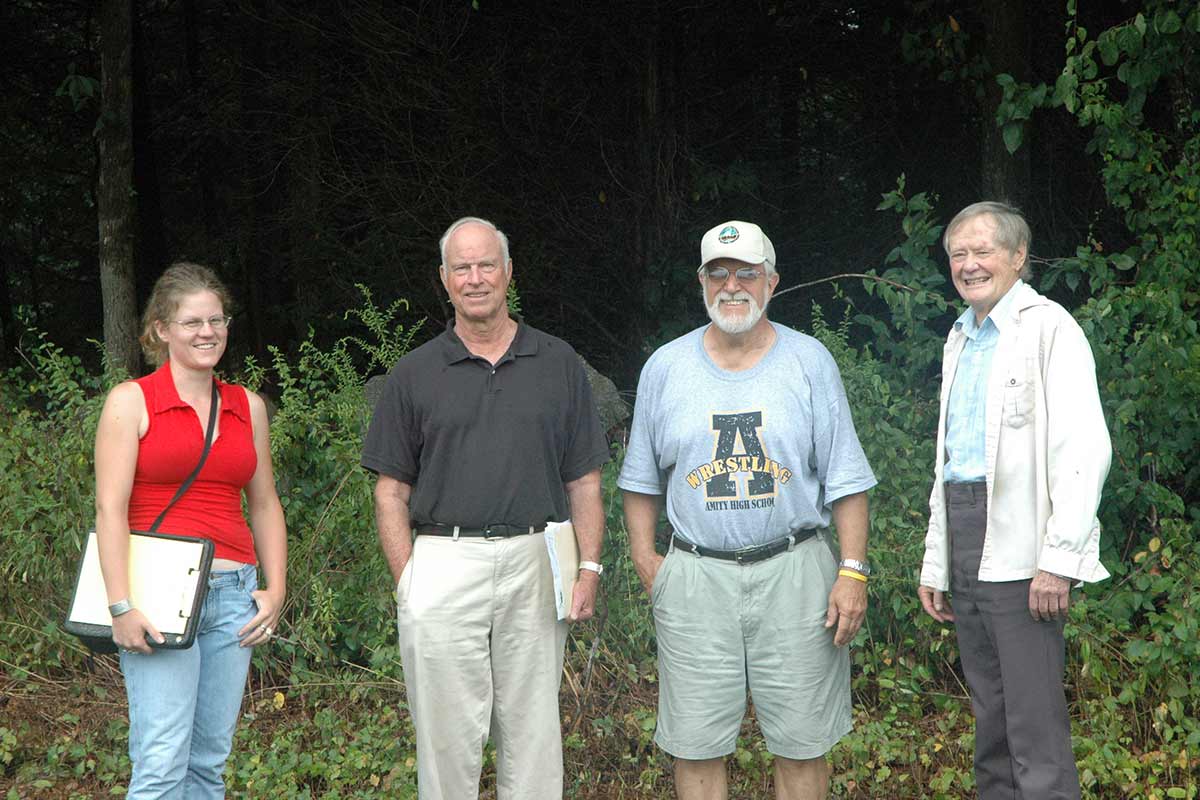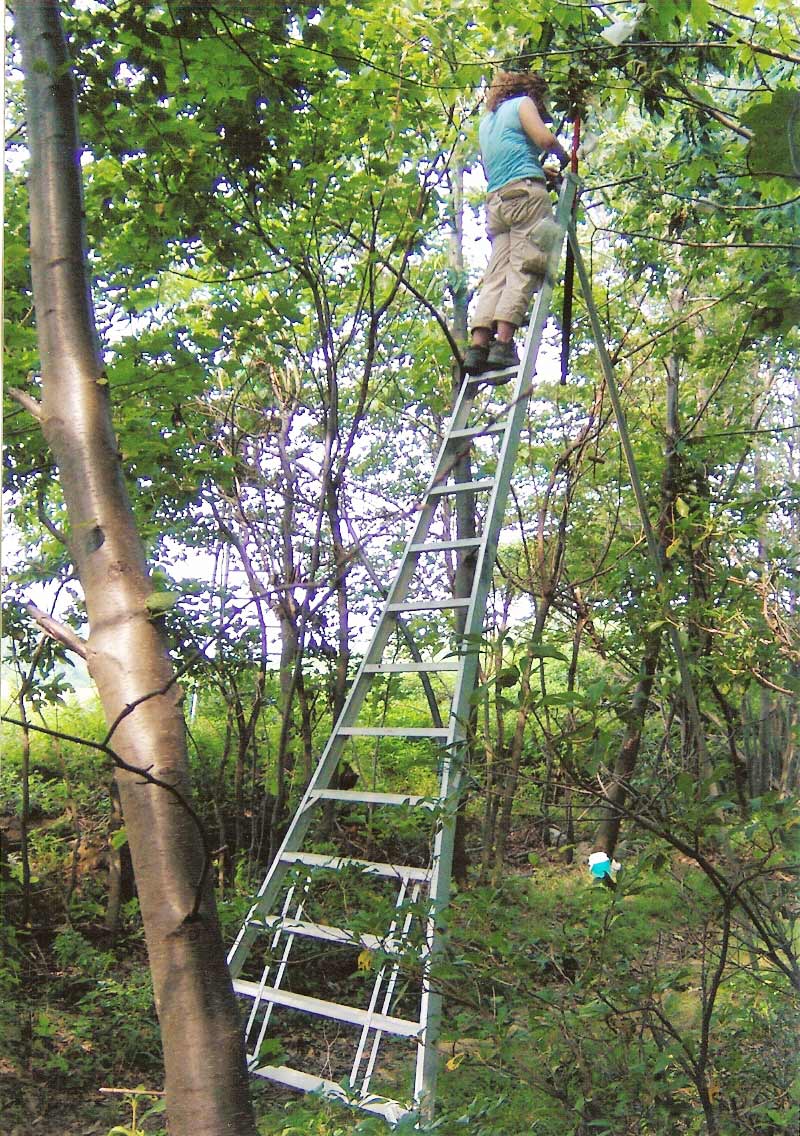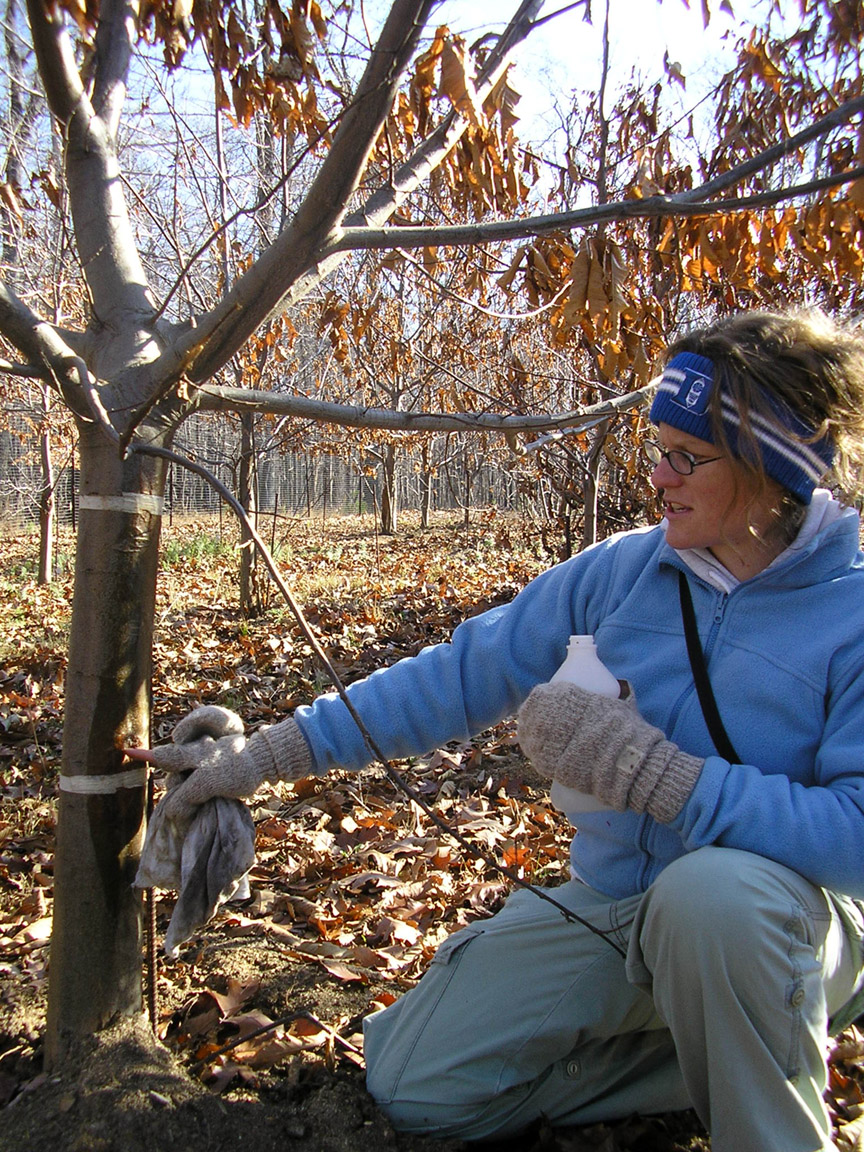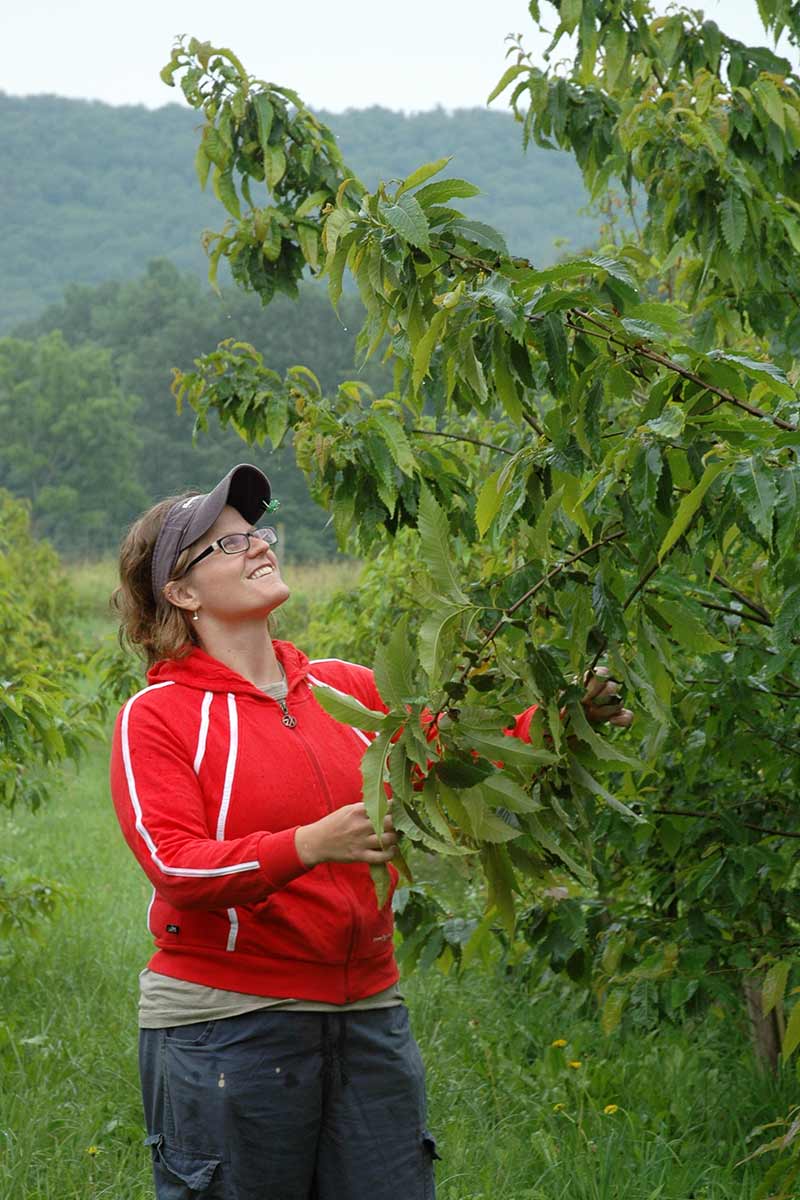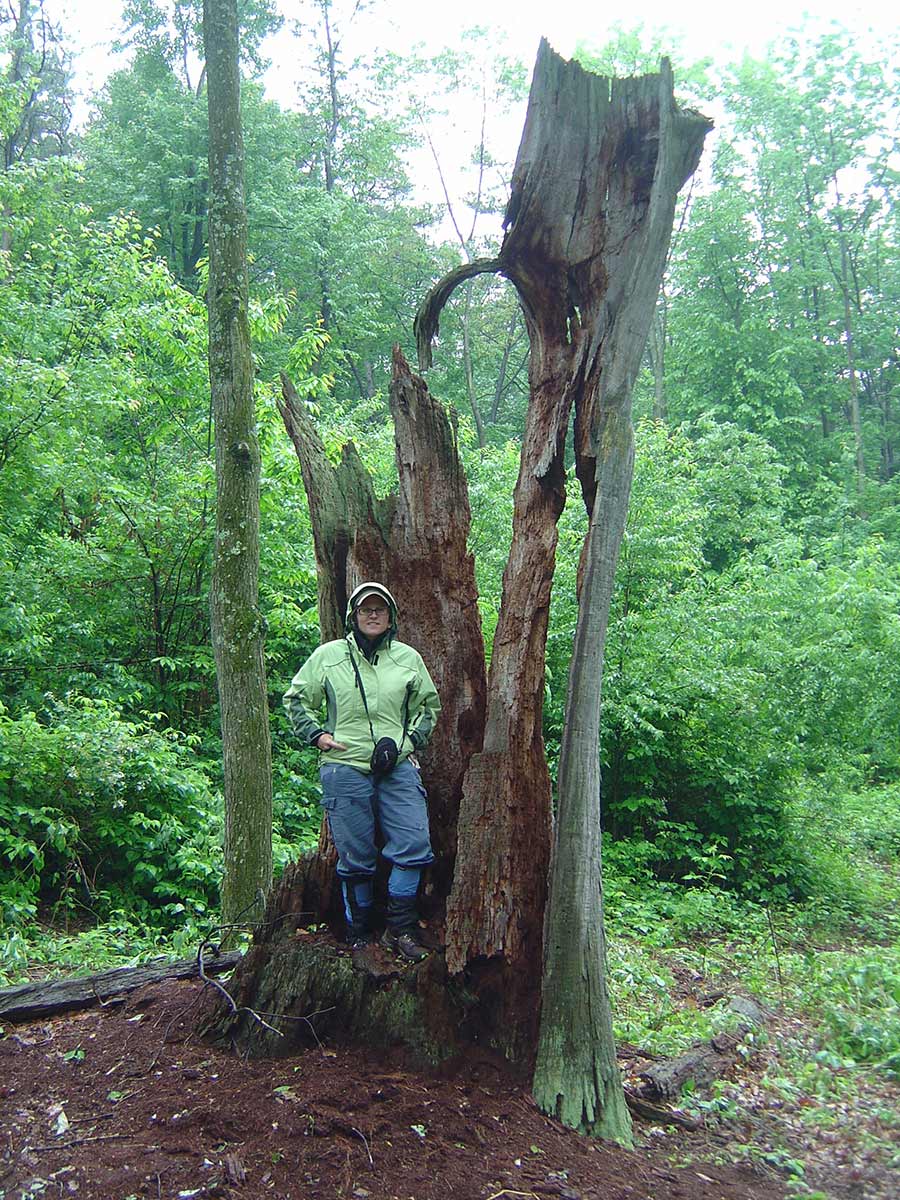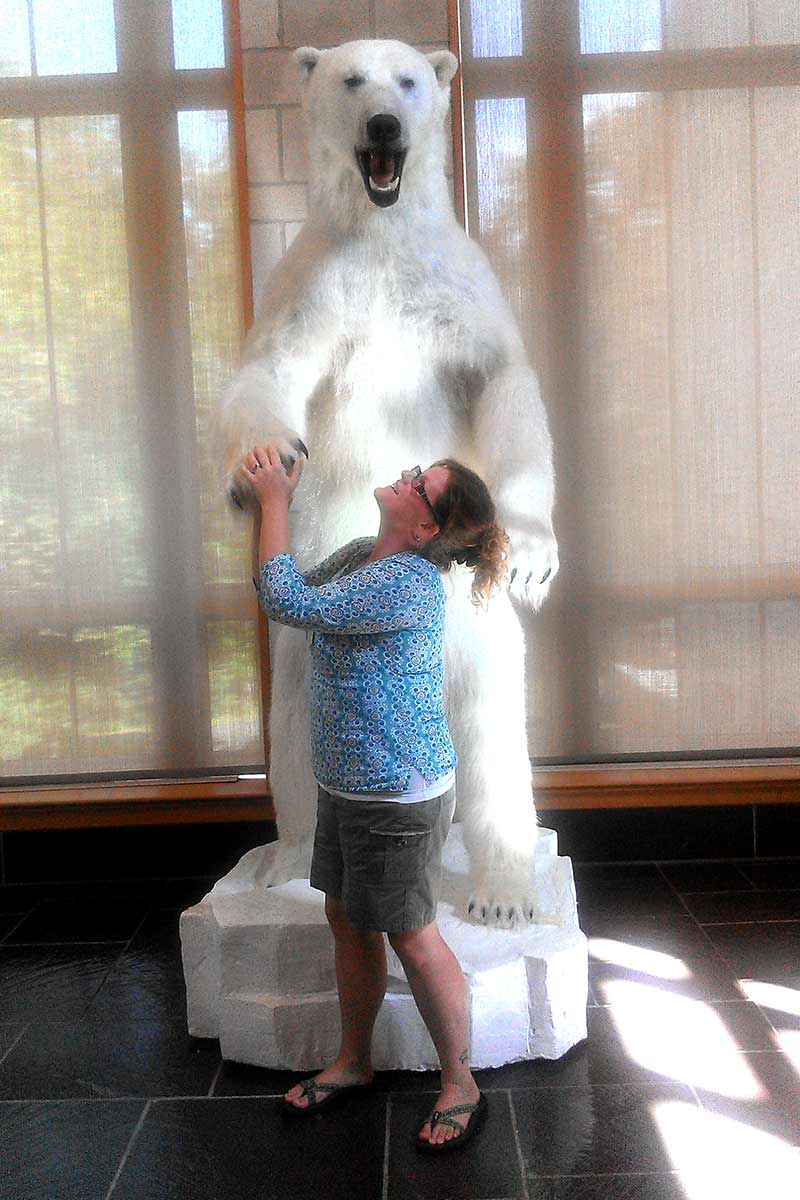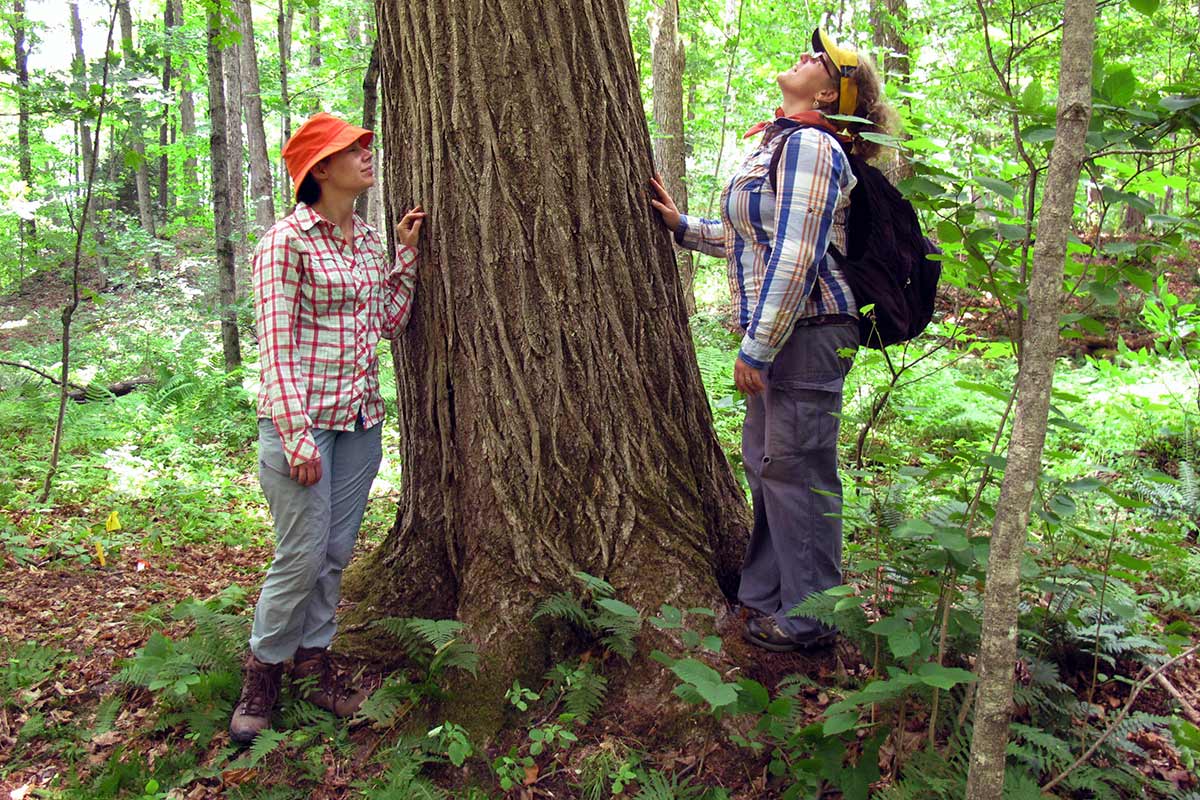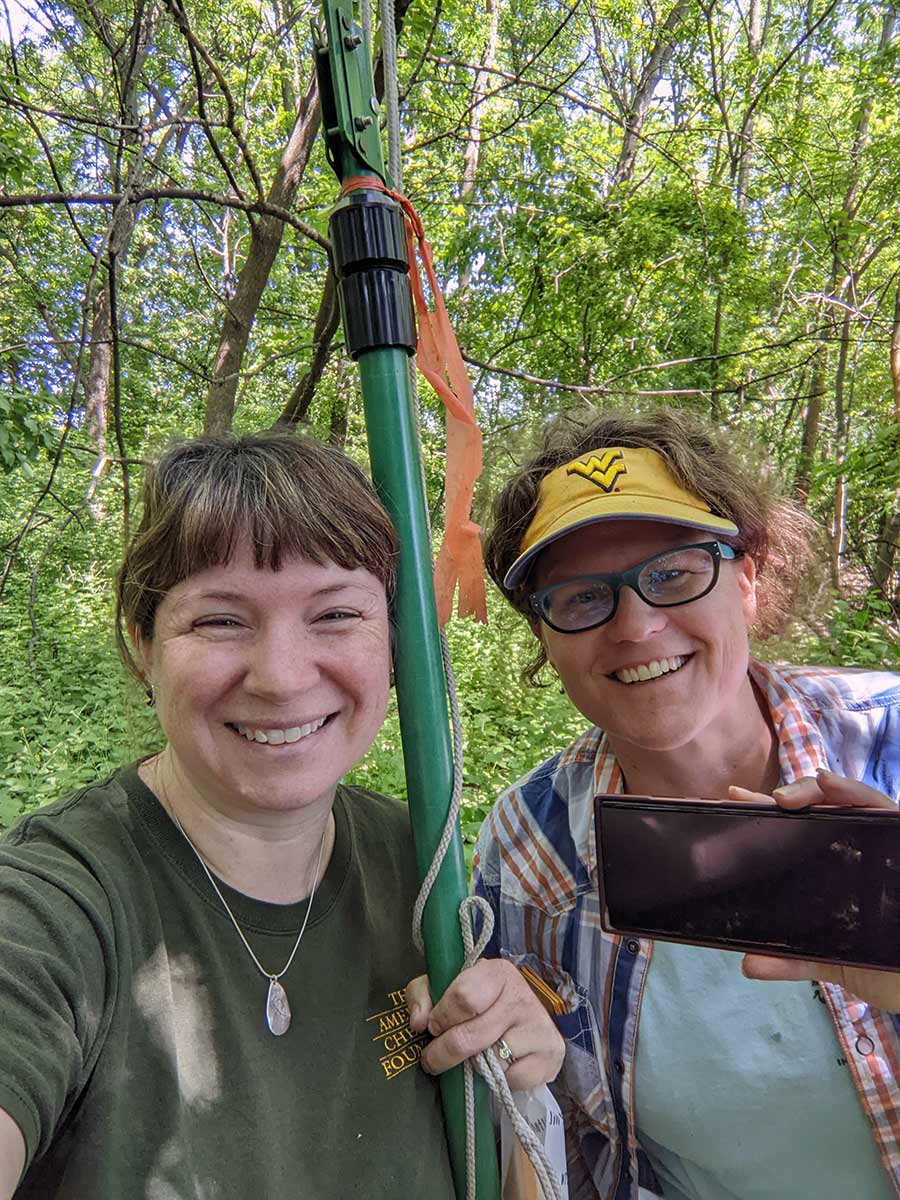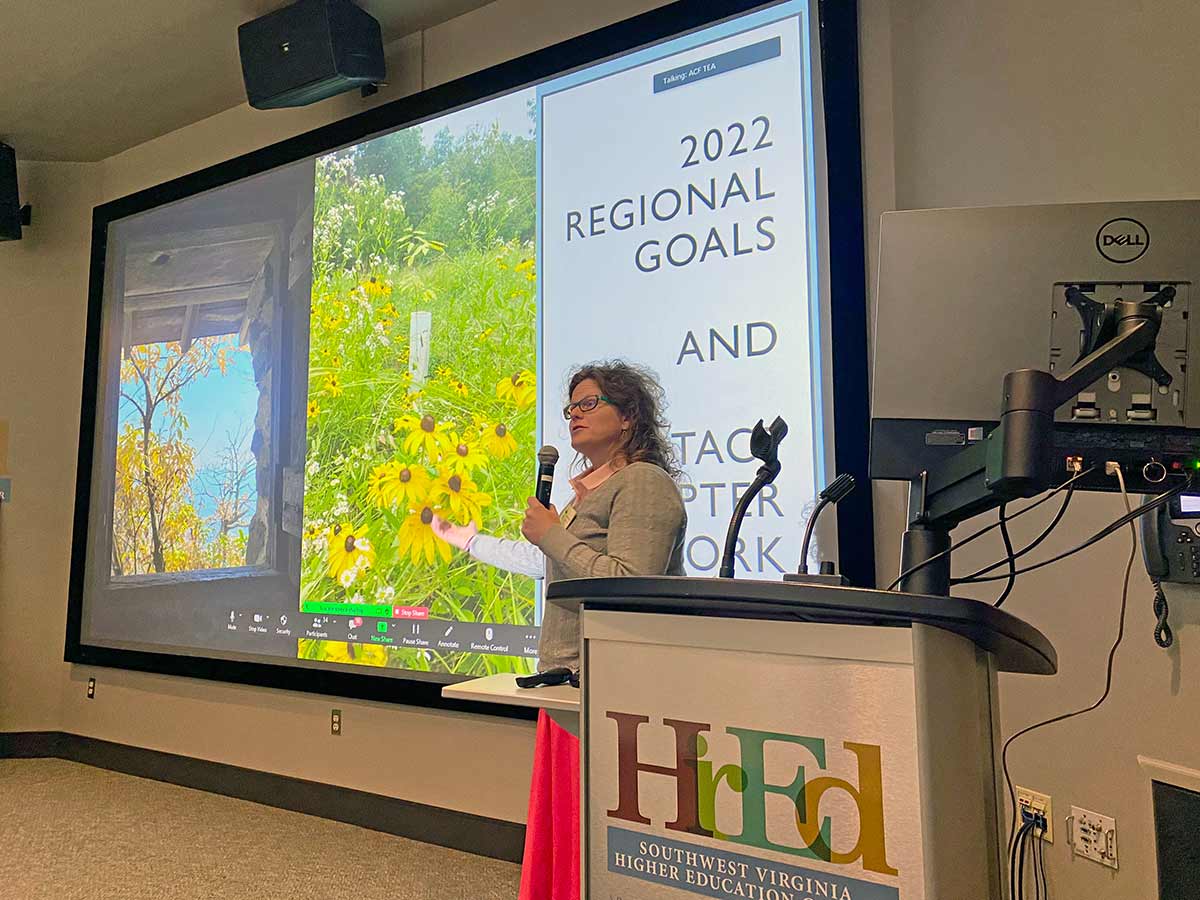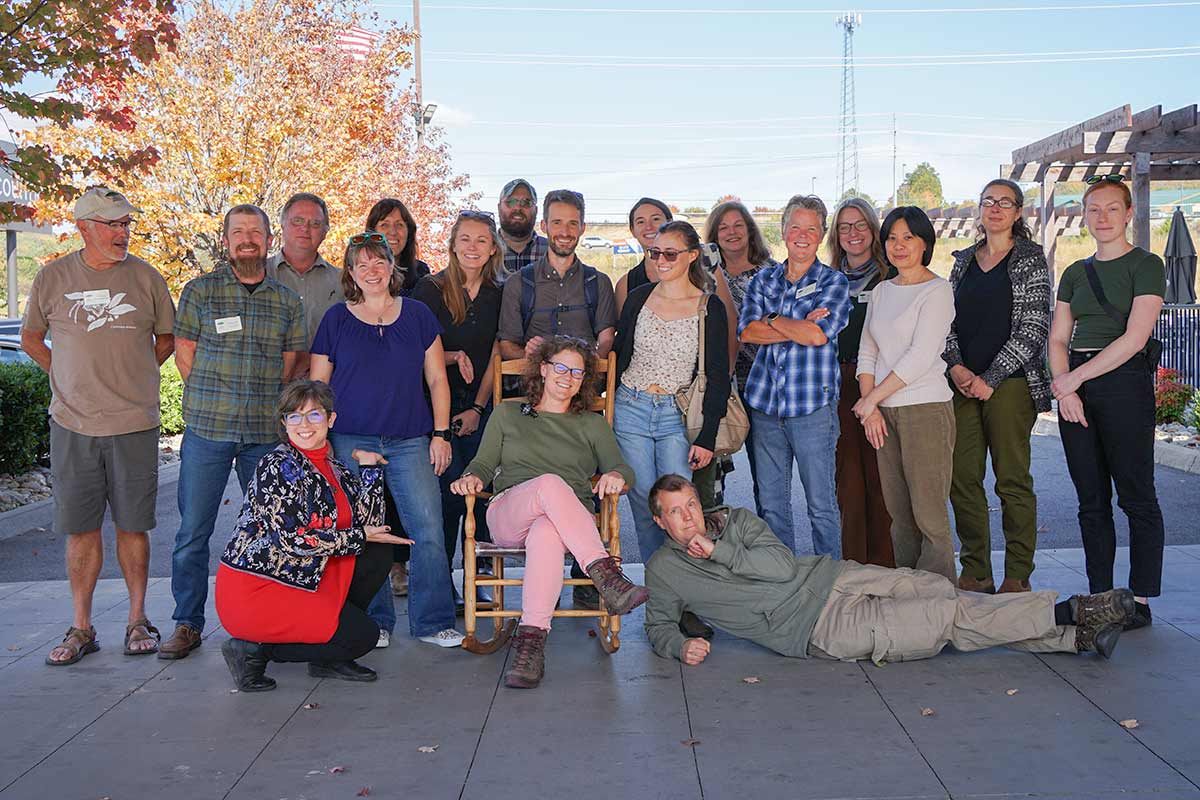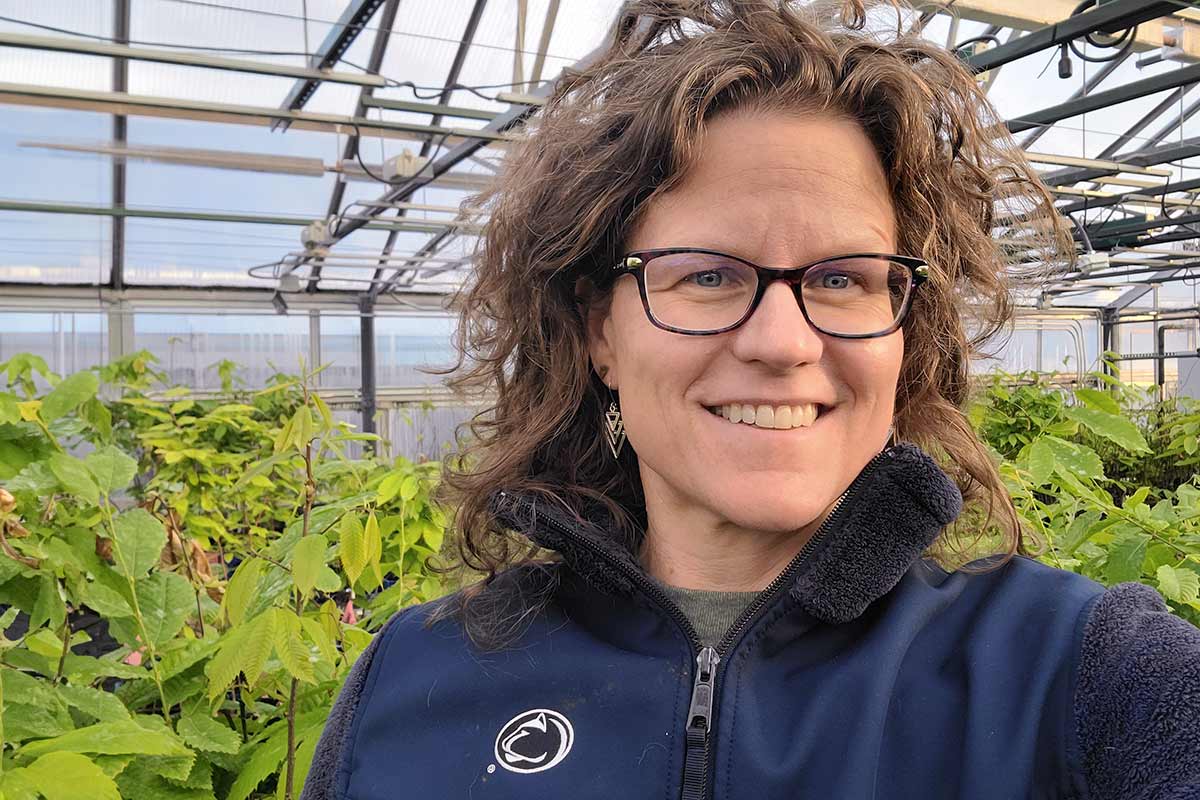TACF Discontinues Development of Darling 58
Asheville, NC, December 8, 2023
The American Chestnut Foundation (TACF) announced today that it will discontinue its development of the Darling 58 American chestnut due to significant performance limitations that, from TACF’s perspective, make it unsuitable as a restoration tree. Likewise, TACF is also withdrawing its support for several pending regulatory petitions that would authorize distribution of transgenic Darling trees outside permitted research plots.
“No one wants to see this foundation species restored to America’s forests more than we do,” says William Pitt, TACF’s President & CEO. “Our scientists, staff, and more than 5,000 members dedicate themselves to this work every day, as we have for more than 40 years. Our multi-pronged research and restoration plan combines cutting-edge science with a spirit of open collaboration, sustainability, camaraderie, and care.”
Throughout 2023, TACF and its partners observed disappointing performance results from broad scale field and greenhouse tests of advanced-generation Darling trees across several different geographic locations at external testing facilities. As discussed in the September 15, 2023 episode of the Foundation’s webinar series, Chestnut Chat, analysis indicated striking variability in Darling trees’ blight tolerance, significant losses in growth competitiveness, and increased mortality.
“Within the past few weeks, academic colleagues brought to our attention their newest findings suggesting a significant identity error in the propagation materials supplied to TACF. Independent confirmation now shows all pollen and trees used for this research was derived not from Darling 58, but from a different prototype, one which contains a deletion in a known gene,” says Pitt. “That deletion, along with the discouraging field performance collectively renders these trees, in TACF’s opinion, unsuitable as the basis for species restoration. Fortunately, we have newer and better-performing trees ready to test.”
Extensive ecological and other testing has demonstrated that the prototype trees do not present plant pest risks different from native chestnuts. “We are following best possible scientific practices and are confident this path will yield safe and effective restoration trees. While Darling trees would not adversely affect the natural environment, it is our assessment that these trees would impair future deployment of disease-resistant American chestnut populations,” says Sara Fern Fitzsimmons, TACF’s Chief Conservation Officer.
“Premature distribution of this or other inferior varieties also may unfairly skew public perception against biotechnology solutions to save threatened forest tree species.”
As in all scientific endeavors, TACF has gained much from the experience with the Darling lines. “Enthusiasm for this project has expanded an already large network of engaged people within our chapters and across the range with a passion for this species. Their efforts have conserved dozens of diverse, wild American chestnut populations, and public support for integrated solutions to forest health issues is at an all-time high,” says Pitt. “Our diversified portfolio of research initiatives and the partners implementing them ensures that other disease-resistant prototypes – those created from breeding and biotechnology methods that are already in the research pipeline – can be comprehensively vetted and released in a reasonable time frame.”
Next week, TACF will host several virtual events for our members and the general public to answer further questions. TACF’s staff and the Board of Directors remain optimistic about the long-term success of our restoration plan. With patience and perseverance of the best science, we will get disease-resistant American chestnut trees to forest managers and landowners.
Media Contact:
Jules Smith
(828) 281-0047
Resources


